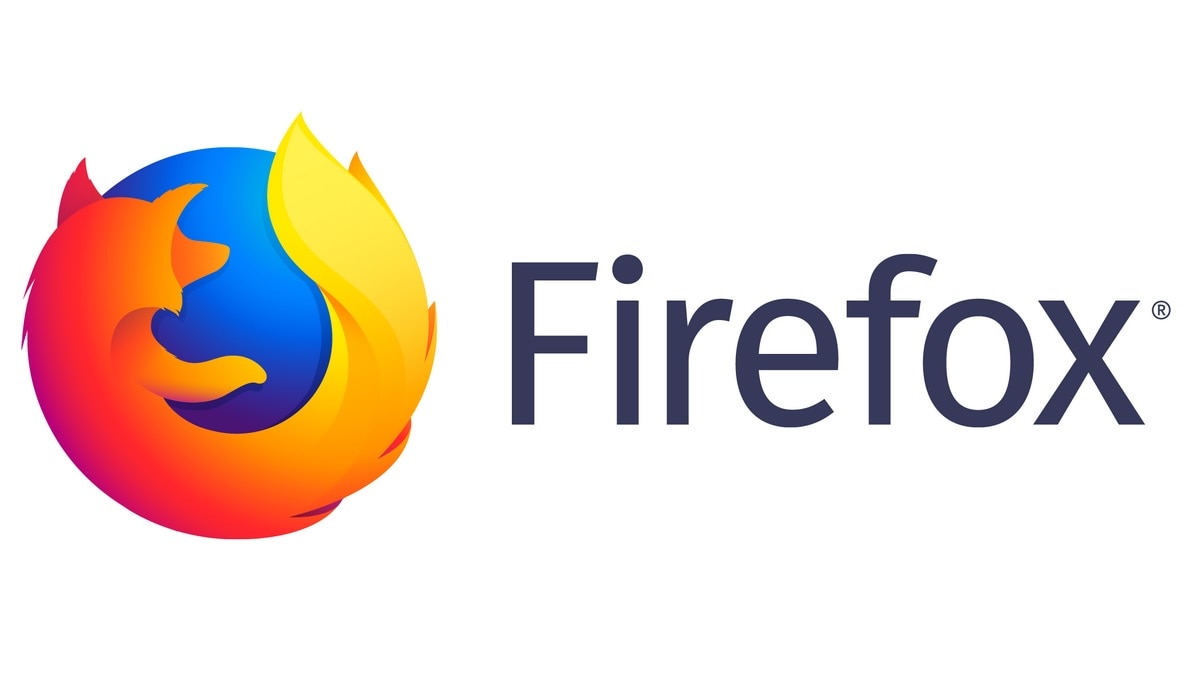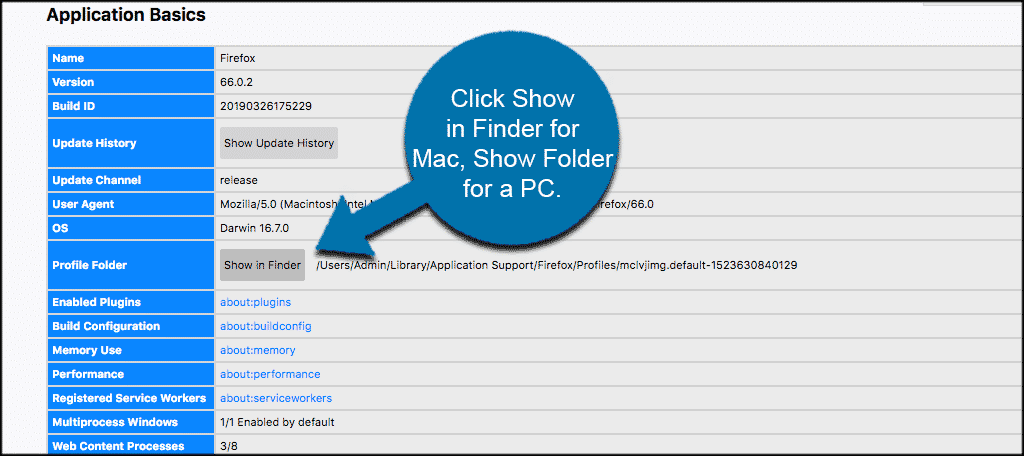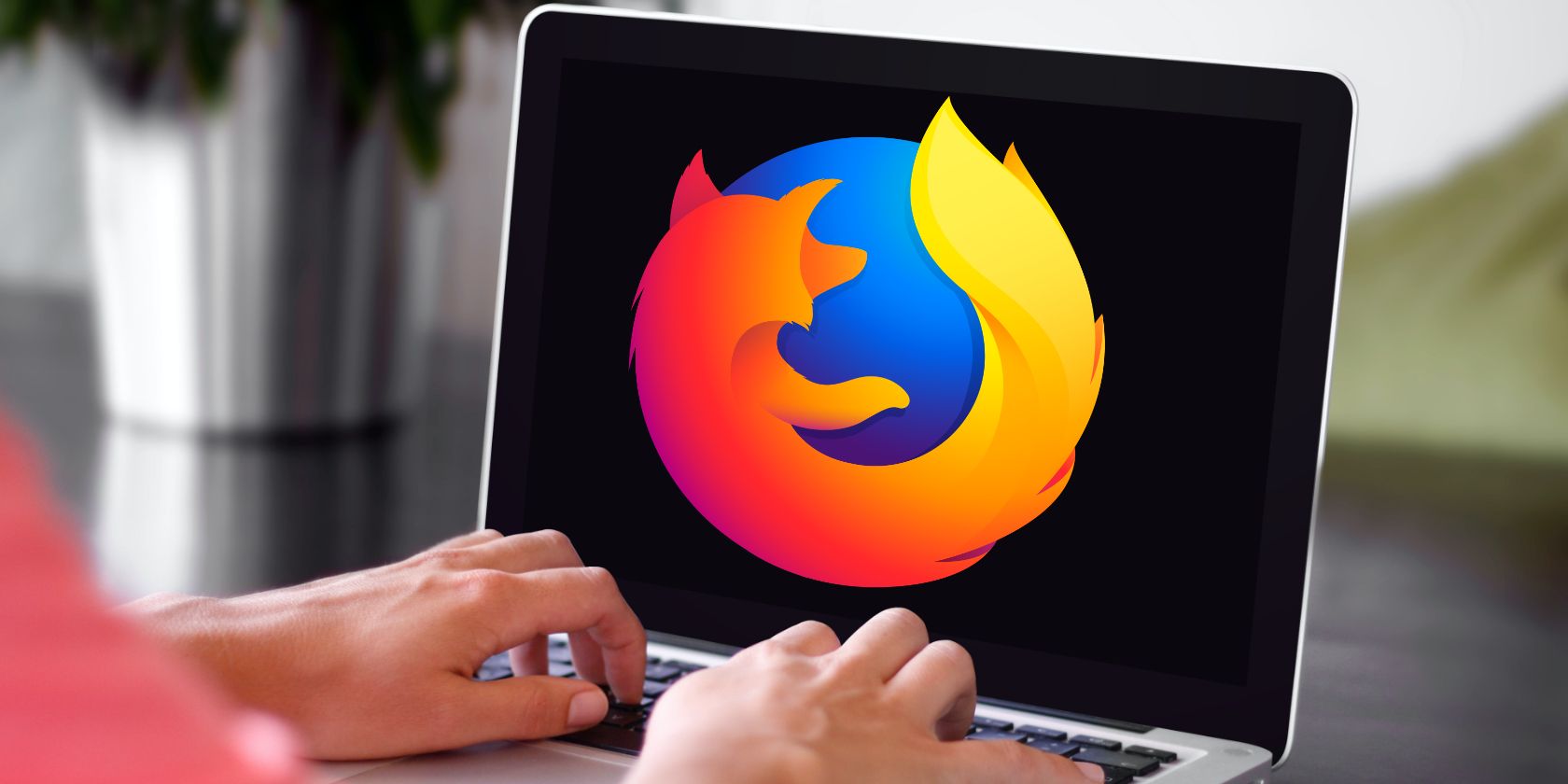

- HIGH PERFORMANCE VERSIONS OF FIREFOX FOR MAC UPDATE
- HIGH PERFORMANCE VERSIONS OF FIREFOX FOR MAC UPGRADE
- HIGH PERFORMANCE VERSIONS OF FIREFOX FOR MAC PC
- HIGH PERFORMANCE VERSIONS OF FIREFOX FOR MAC DOWNLOAD
HIGH PERFORMANCE VERSIONS OF FIREFOX FOR MAC UPDATE
Tip: If you’re running into issues with downloading the latest version of the desktop app, visit Update the Slack desktop app. Note: Slack updates these system requirements twice per year in March and September. Visit Slack’s deprecation schedule to learn more. For the best experience, we recommend using the latest versions.
HIGH PERFORMANCE VERSIONS OF FIREFOX FOR MAC DOWNLOAD
You can download the latest version of Mozilla Firefox right now.If you’re curious about the system requirements needed to run Slack, read on to learn which operating systems (OS) and browsers we support.

It is not a question of older or newer, they are completely different branches. It is very important to track and maintain the two branches of Firefox separately.
HIGH PERFORMANCE VERSIONS OF FIREFOX FOR MAC UPGRADE
Mozilla has also launched a dedicated instructions page on how you can upgrade to the latest build. Mainstream Firefox is on version 91.0.1, but the ESR version as of is at version 78.13. Firefox will shift to the new chip architecture automatically after you restart your device. Apart from better performance, you will also notice better battery life. Take note that once you update to the latest 84.0 version of Mozilla Firefox, you will have to exit the app and restart your Mac to take advantage of Mozilla Firefox's native support for M1 chips. We would totally recommend updating to the latest version of Mozilla Firefox if you want to reap the true benefits of the new Apple M1 chips. That means there’s plenty of directions BMW’s M division can go in the future, one of which could include using a three-cylinder powerplant in the high-performance versions of the German. Moreover, if you're an existing user of the Firefox browser, you will notice a significant jump in app load time and web app performance. Other than this, if you're looking to shift from Chrome or Safari to Mozilla's Firefox, you will see a major boost in the performance department. Do take notice at the speed if you haven't already. If you're the owner of the new M1 MacBook Air, MacBook Pro, or the Mac Mini and use Mozilla's Firefox browser, you're in for a serious gain in terms of performance. In addition to this, the web apps open twice as responsive as well, which is a major jump through. With its help, you can browse the web without slowing down the performance of your system or losing personal data in the process.
HIGH PERFORMANCE VERSIONS OF FIREFOX FOR MAC PC
The company also shares that the browser now opens more than twice as fast as compared to its Intel counterpart - 2.5 times faster to be exact.ĭeepCool Joins Other PC Cooling Manufacturers in Offering LGA 1700 Intel Alder Lake CPU Compatibility with Free Upgrade Kit

According to Mozilla, the update brings "dramatic performance improvements" to the table. One of the major and forward-facing features in the app is support for the M1 processor. Mozilla Firefox Version 84.0 Brings Native Support for Apple's New M1 Chips - Offers 2.5 Times Performance Improvements and MoreĪs mentioned earlier, Mozilla officially unveiled version 84.0 for its browser Firefox browser. When you run 0.9 for the first time, information about your profiles will be copied to the new location but the data will not be moved. The latest in line is Mozilla's Firefox that now natively supports the new M1 MacBook Air, MacBook Pro, and the Mac Mini. Part way between 0.8 and 0.9, the profile location changed from: Application DataFirefox (Windows), /Library/Firefox (Mac OS X) and /.firefox (Linux) to the locations above. While the ongoing debate won't rest easy, app developers have started updating their apps to support Apple's new M1 Macs. The iPhone-maker is transitioning to its own silicon which has several benefits over Intel chips. While the entire transition would take two years to complete, Intel will still support Macs in that time. Apple is transitioning to its own silicon in its Macs and the performance gains are massive along with other significant improvements.


 0 kommentar(er)
0 kommentar(er)
